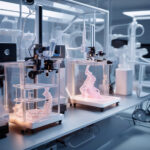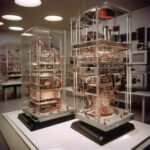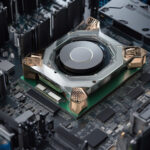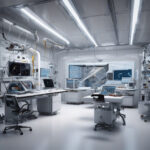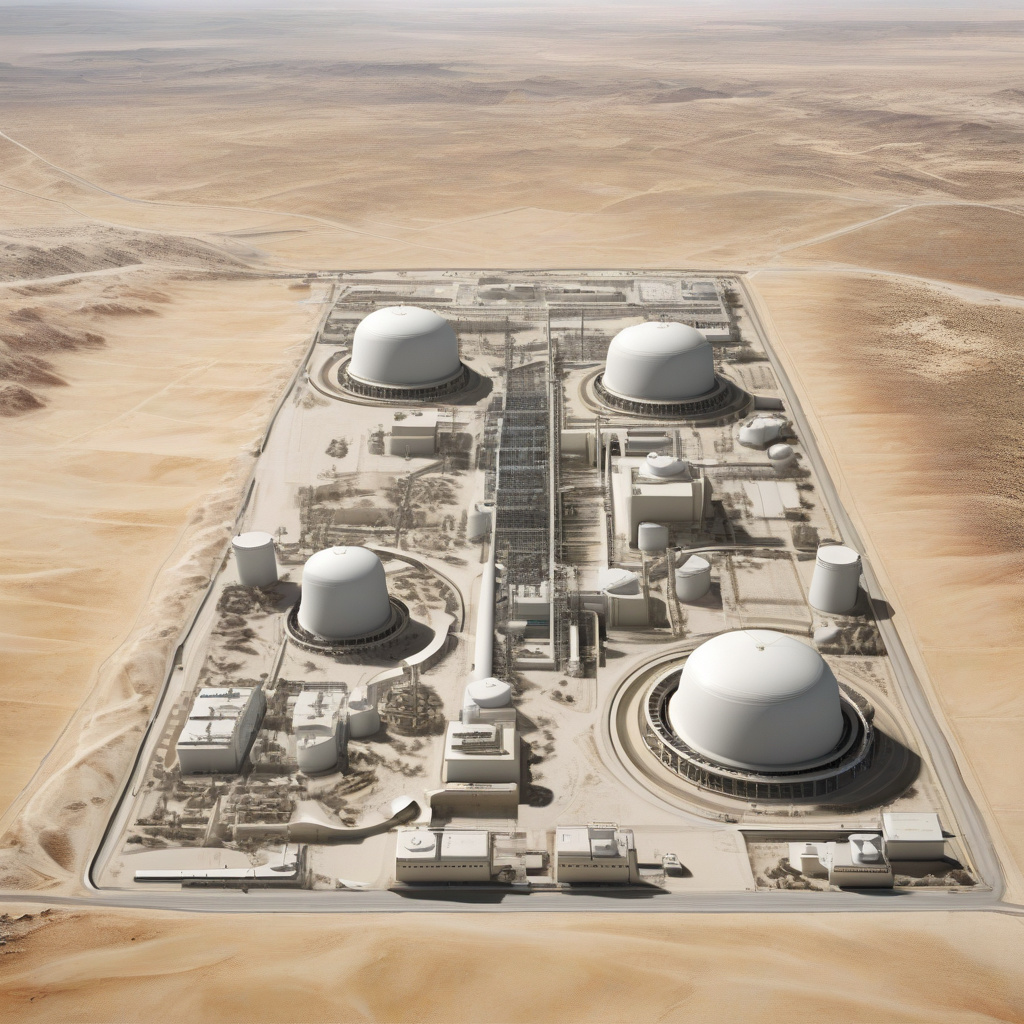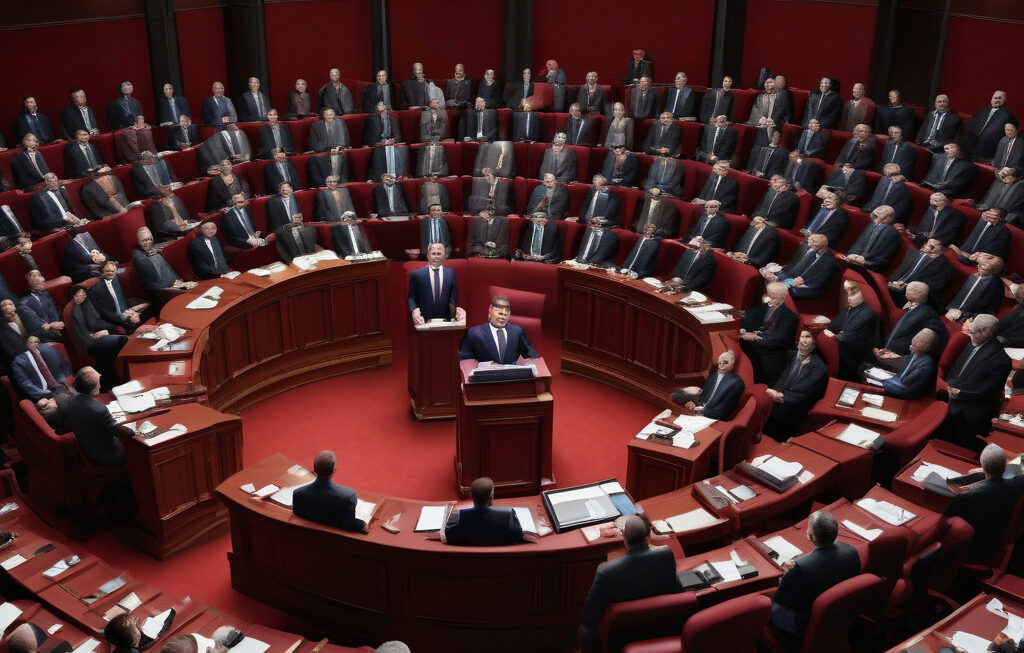Israel Expands Dimona Site Amid Suspected Nuclear Weapons Program Secrecy
New satellite images show major construction underway at the Shimon Peres Negev Nuclear Research Center in Israel, raising eyebrows and fueling speculation about the true nature of the facility’s activities. The expansion of the Dimona site, long shrouded in secrecy, comes at a time when concerns over Israel’s suspected nuclear weapons program are once again in the spotlight.
The Shimon Peres Negev Nuclear Research Center, located in the Negev desert near the town of Dimona, has been the subject of intense scrutiny for decades. While Israel has never officially confirmed or denied possessing nuclear weapons, it is widely believed to have a significant nuclear arsenal, making it the only nuclear-armed state in the Middle East.
The recent construction at the Dimona site has only added to the air of mystery surrounding Israel’s nuclear capabilities. The new satellite images reveal the expansion of what appears to be an underground facility, sparking concerns about the country’s intentions and the lack of transparency surrounding its nuclear program.
Critics argue that Israel’s unwillingness to open up about its nuclear activities not only undermines regional stability but also sets a dangerous precedent for other countries to follow suit. The lack of clarity and accountability regarding its nuclear weapons program only serves to escalate tensions in an already volatile region.
In response to the construction at the Dimona site, Israeli officials have remained tight-lipped, refusing to comment on the nature of the work being carried out. This silence has only fueled speculation and raised questions about the true purpose of the expansion.
The secrecy surrounding Israel’s nuclear program is not a new phenomenon. The country has a long history of ambiguity and opacity when it comes to its nuclear activities, with successive governments choosing to maintain a policy of deliberate ambiguity. This approach, while intended to deter potential adversaries, has also created an atmosphere of suspicion and unease among Israel’s neighbors.
The expansion of the Dimona site is just the latest chapter in Israel’s complex relationship with nuclear weapons. As the international community continues to grapple with the challenges posed by nuclear proliferation, Israel’s actions serve as a stark reminder of the dangers of unchecked nuclear ambitions.
While Israel may have legitimate security concerns that drive its nuclear policy, the lack of transparency and accountability only serve to erode trust and fuel speculation. If Israel wishes to be taken seriously as a responsible nuclear power, it must be willing to engage in a more open and honest dialogue about its nuclear activities.
As the construction at the Dimona site continues unabated, the international community watches with a mix of fascination and concern. The true nature of Israel’s nuclear program remains shrouded in secrecy, leaving many to wonder what lies beneath the surface at the Shimon Peres Negev Nuclear Research Center.
In an era where nuclear proliferation poses a significant threat to global security, Israel’s approach to its nuclear weapons program is a topic of immense importance. The expansion of the Dimona site serves as a stark reminder of the need for greater transparency and accountability in the realm of nuclear weapons.
As the world grapples with the challenges of a rapidly evolving security landscape, the case of Israel’s suspected nuclear weapons program stands out as a poignant example of the complexities and dangers associated with nuclear proliferation. Only time will tell what the future holds for Israel’s nuclear ambitions and the impact they may have on regional and international security.
Israel, Dimona, Nuclear Weapons, Secrecy, Proliferation


